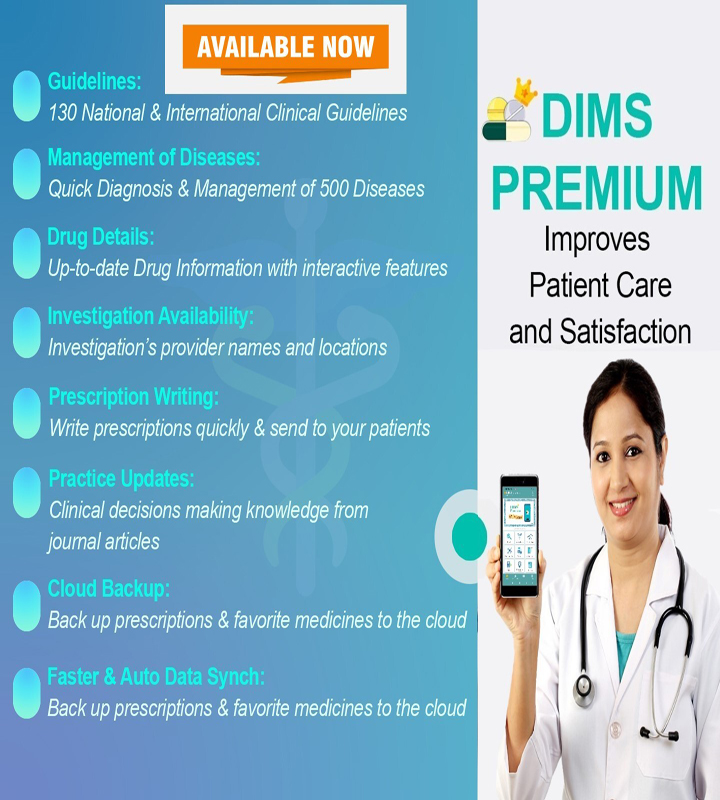Effect of SGLT2 Inhibitors on Kidney and CV Events in Patients with Advanced Diabetic Kidney Disease
Diabetes Research and Clinical Practice: Published
on
Sodium-Glucose Transport Protein 2
(SGLT2) Inhibitors also called gliflozins are a class of medicine used to lower
high blood glucose levels in people with type 2 diabetes. Medicines in the
SGLT2 inhibitor class include Canagliflozin, Dapagliflozin, Empagliflozin, Ertugliflozin
and Sotagliflozin.
This retrospective observational
cohort study evaluated the efficacy and safety of SGLT2 inhibitors in patients
with diabetes and advanced CKD.
TAKE-HOME MESSAGE
The
patients on SGLT2 inhibitors had significantly lower rates of kidney-related
events and Major Adverse Cardiovascular Events (MACE) than the control group.
There was a
significant improvement in eGFR, greater reduction in HbA1c, and decreased
insulin requirement in patients on SGLT2 inhibitors. There was a marginally
higher rate of fungal urinary tract infection in the SGLT2-inhibitor group.
Conclusions: SGLT2 inhibitors are associated with improved kidney function, glycemic profile, and cardiac outcomes in patients with diabetes and advanced CKD.
Doctors Liked to Read More
Abstract
Background: There were
limited data on the efficacy and safety profile on use of sodium-glucose
co-transporter 2 receptor (SGLT2) inhibitors in diabetic patients with advanced
chronic kidney disease (CKD). We aimed to evaluate the efficacy, in terms of
improvement in glycemic profile, kidney function, prevention of adverse kidney
and cardiovascular events, and the safety profile of SGLT2 inhibitors in a
group of diabetic patients at CKD stage 3B-5 from a real-world population-based
cohort.
Methods: We
performed a retrospective observational cohort study of type 2 diabetic
patients at CKD stage 3B-5 who received SGLT2 inhibitors as compared to control
from 1 January 2015 through 31 December 2021. Propensity score assignment by
logistic regression and matching with control by the nearest score at 1:3 ratio
was done. All patients were followed for 1 year. Outcomes were kidney-related
adverse events and major adverse cardiovascular events (MACE), change in
estimated glomerular filtration rate (eGFR), glycemic control, and side effects
profiling.
Results: We analyzed
1,450 SGLT2 inhibitor users. They had significantly lower rates of
kidney-related adverse events (7.7 % versus 24.1 %) and MACE (9.6 % versus 15.1
%) as compared to control group. Their eGFR also significantly improved (0.4 ±
9.3 versus -5.5 ± 10.6 ml/min/1.73 m2). These patients also had a
greater reduction in HbA1c (-0.40 ± 1.13 versus -0.04 ± 1.47 %), and insulin
requirement (-8.8 ± 35.2 versus 4.1 ± 19.4 units/day). After adjusting for
confounders, SGLT2 inhibitors protected against kidney-related adverse events.
Apart from a marginally higher rate of fungal urinary tract infection (0.08 ±
0.66 versus 0.03 ± 0.23 episodes per year), SGLT2 inhibitor use was not
associated with other side effects.
Conclusions: SGLT2
inhibitor improved kidney function, glycemic profile, and reduced adverse
kidney-related and cardiovascular events in diabetic patients with advanced
CKD.






Comments
You must login to write comment